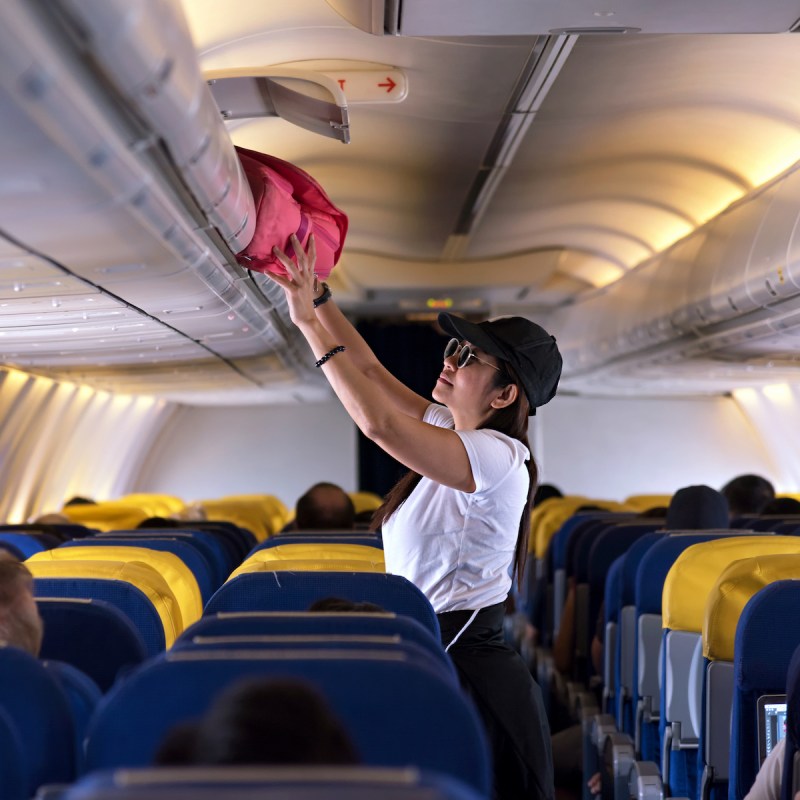
Finding the cheapest airfare for a destination has become a bit of a sport. There’s the idea that booking certain days and times of the week offer the cheapest flights, though most believe this is not the case anymore. There’s the sweet spot of booking early, but not too early; 2–3 months is a good rule of thumb, or even 5 months before when traveling during peak times of the year. There’s also Google Flights and other online tools to compare the cheapest days over several weeks and months to fly to a desired destination.
There’s one money-saving trick some airline passengers use, though, that could lead to passengers being banned from an airline. It’s called skiplagging or hidden city ticketing.
How Skiplagging Works
If you haven’t heard of it, here’s an example of how it works: A passenger wants to fly from St. Louis to Las Vegas, so they book a flight from St. Louis to Los Angeles with a layover in Las Vegas. The St. Louis to Los Angeles flight is cheaper than St. Louis to Las Vegas. Instead of flying into LA, the passenger grabs their carry-on and gets off in Las Vegas.
Passengers do it because it saves money and most passengers don’t understand why a longer flight would cost less. The airlines say pricing depends on more than just distance and fuel. Landing fees vary between airports, certain routes are more competitive, and some airports offer airlines incentives to land at them — a few of the factors that contribute to how airlines price flights.
Against Airlines’ Policies
The airlines don’t like skiplagging for many reasons, one being they could have sold the unused seat — in our example — from Vegas to LA. Also, another passenger may have purchased a St. Louis to Las Vegas ticket, for example, at a higher price.
The practice is against the policies of Delta, Southwest, United, and American. In addition to banning passengers, airlines could cancel a ticket if they learn of a passenger’s intentions prior to their flight. They can also charge a passenger for the original cost of the actual itinerary, in our example, St. Louis to Las Vegas. Delta’s Contract of Carriage says that when a “ticket is invalidated as the result of the passenger’s non-compliance with any term or condition of sale, Delta may assess the passenger for the reasonable remaining value of the ticket.”
A few things to note: Skiplagging only works for a one-way ticket because once a passenger breaks their itinerary, the rest of the trip is canceled. American Airlines Travel Itinerary Policy states that “tickets are priced and sold based on the itinerary, and not as individual flight segments… if you do not show up for one segment of your itinerary, we may cancel your reservations on all remaining flight segments.” Skiplagging also only works if a passenger doesn’t check a bag. Bags are obviously checked through to the final destination.
Skiplagging Affects Other Passengers
One consequence skiplagging passengers may not consider is how their actions affect fellow passengers. If you’ve ever been a “through-passenger” on a flight, you’ve heard the message to stay put until flight attendants get the count of passengers traveling to the next destination. Flight attendants are checking to make sure the number on the plane matches the airline’s records. When they come up one — or more — short, an entire process of identifying which passenger is missing begins. The time it takes to figure out who’s missing could delay departure. One passenger who experienced this said a skiplagging passenger once delayed her flight to the point where she nearly missed her connection and was almost stuck for the night. That’s not fun for anyone… unless you’re in Vegas, I guess.
